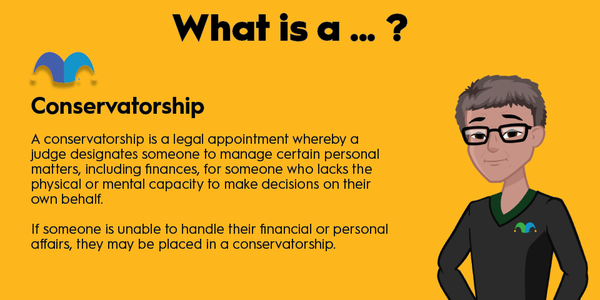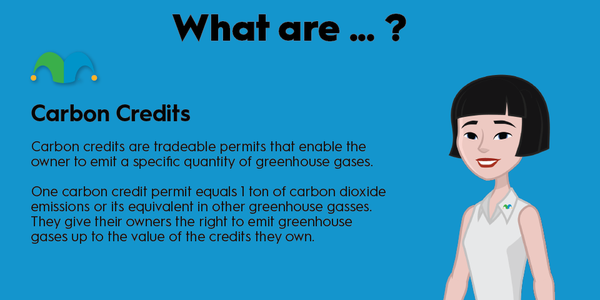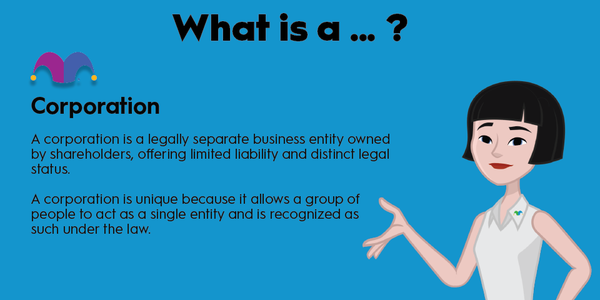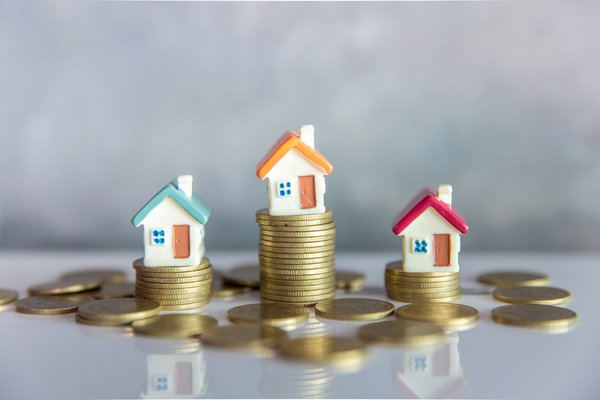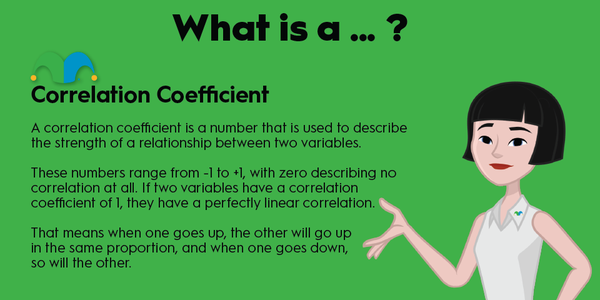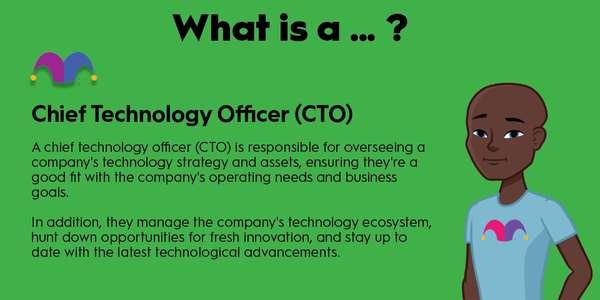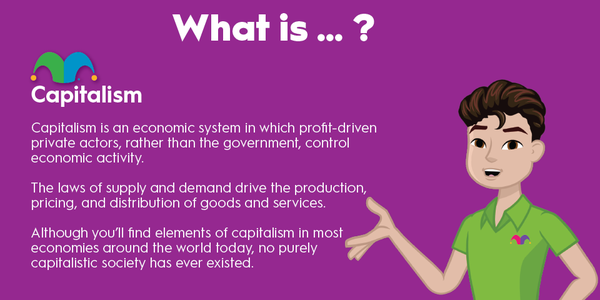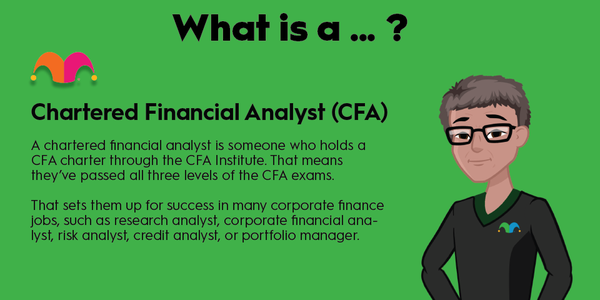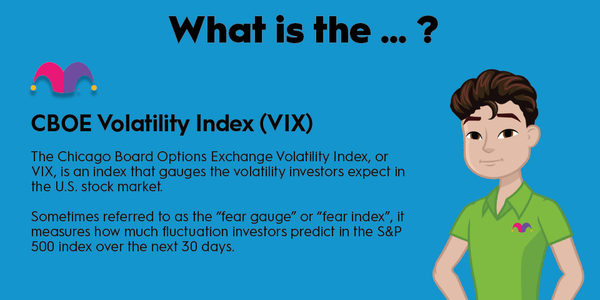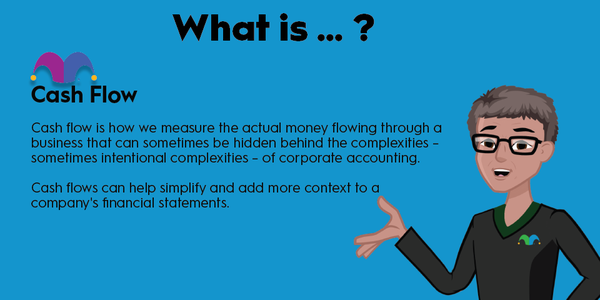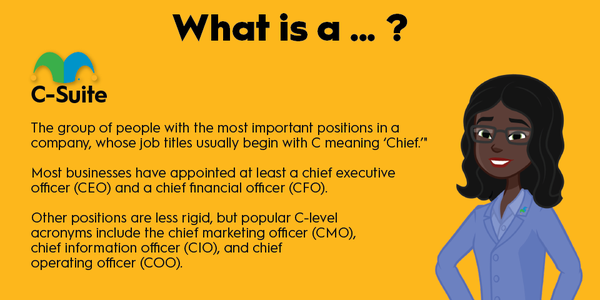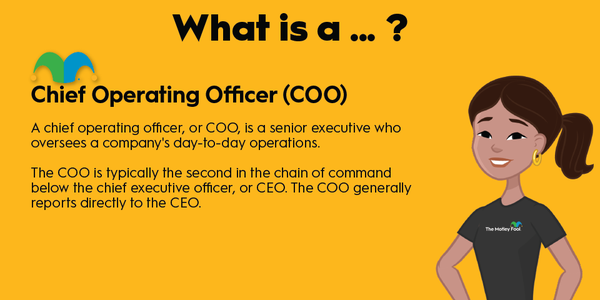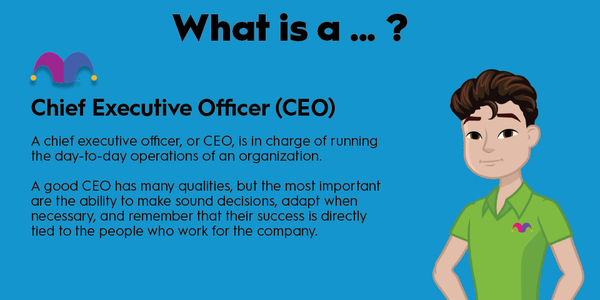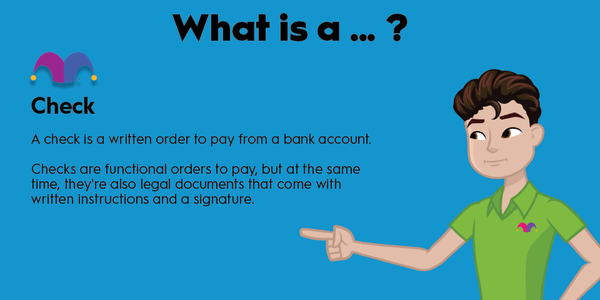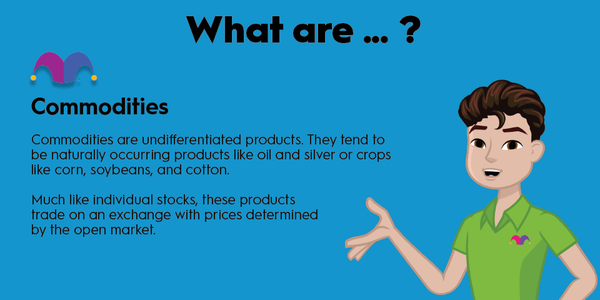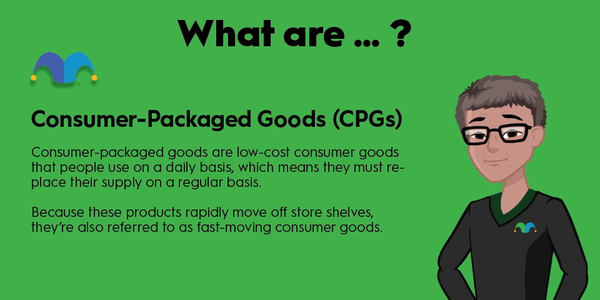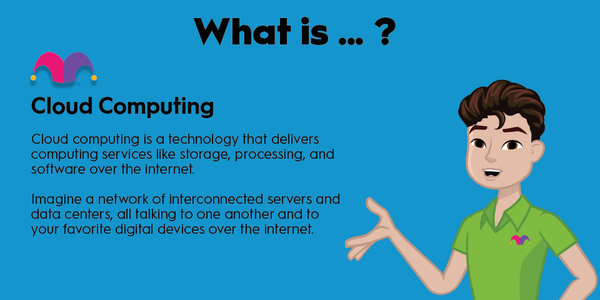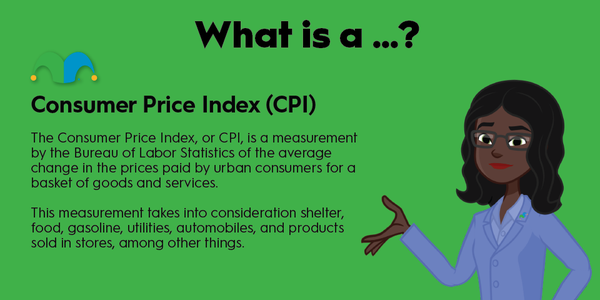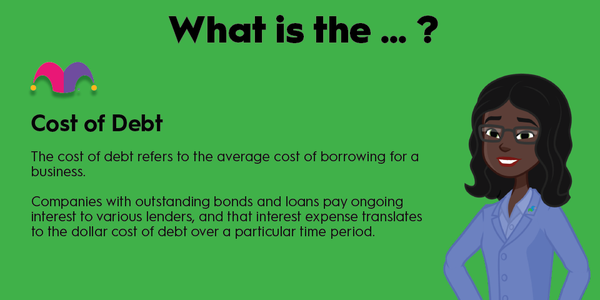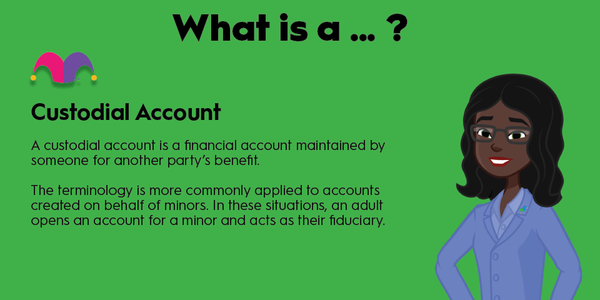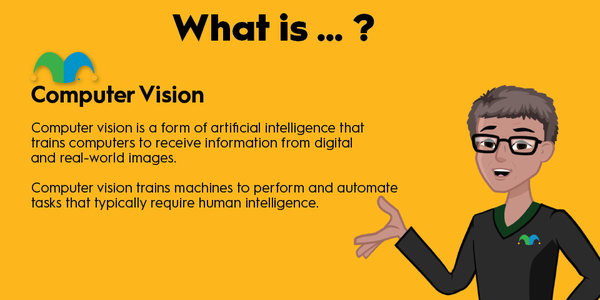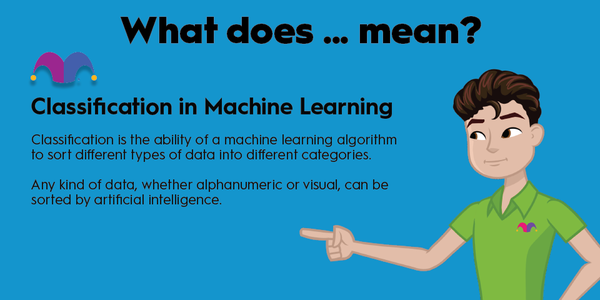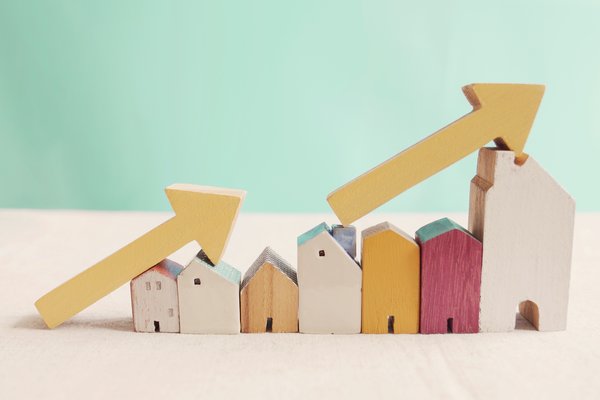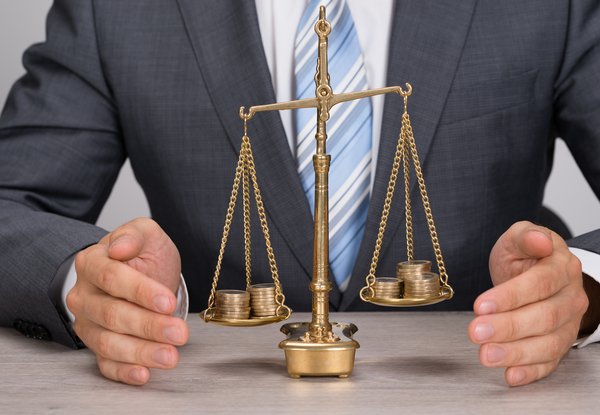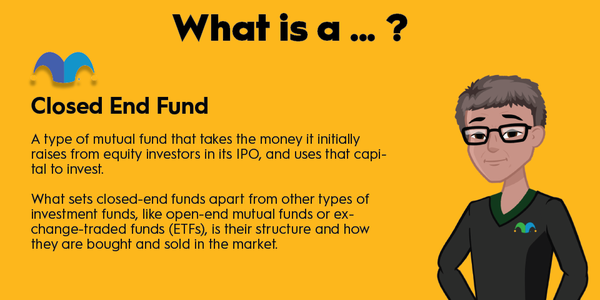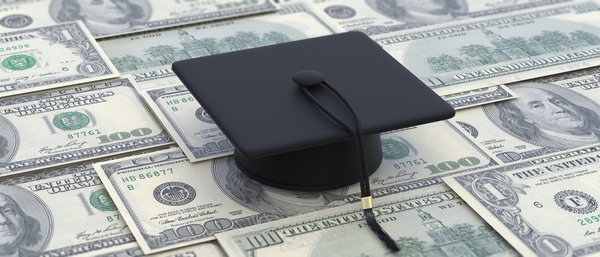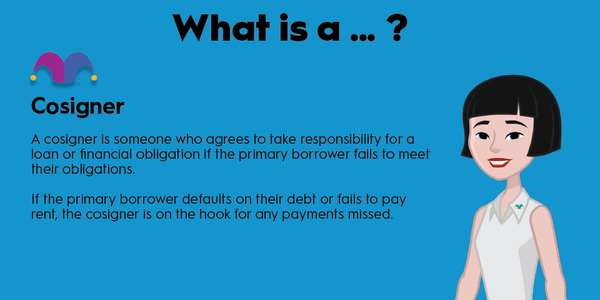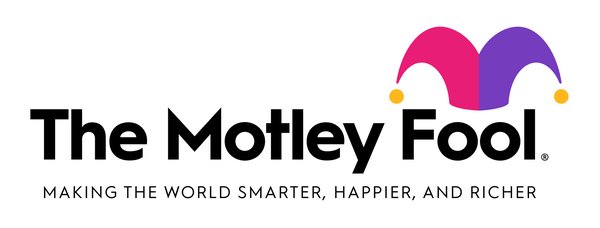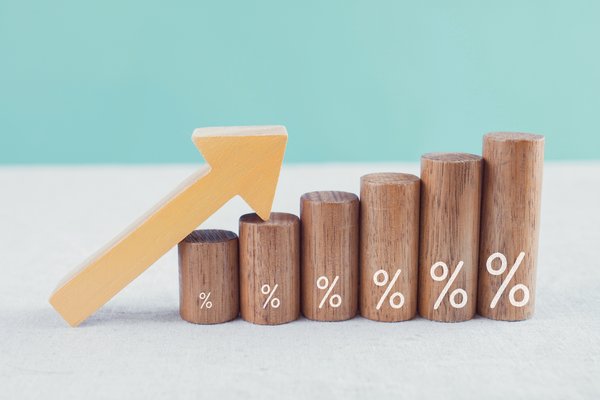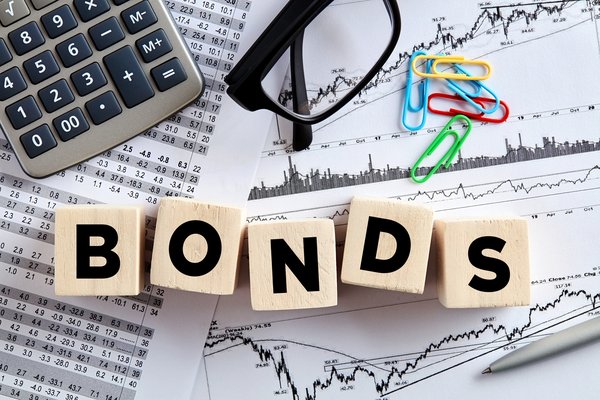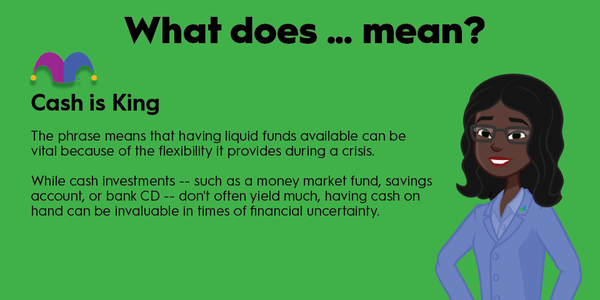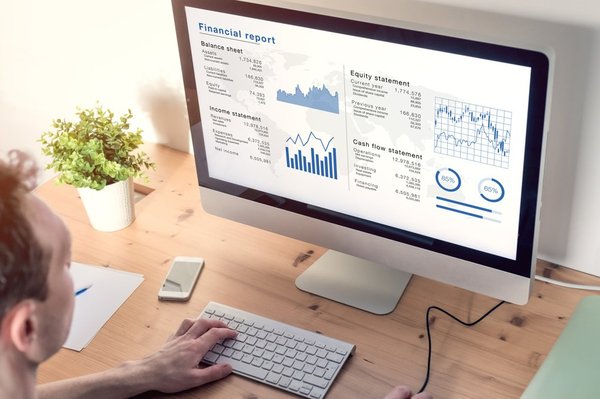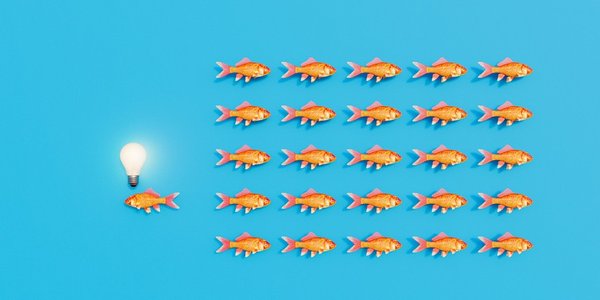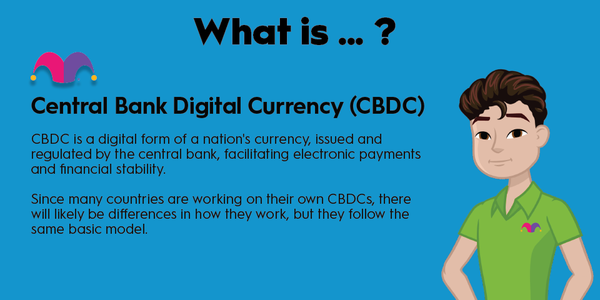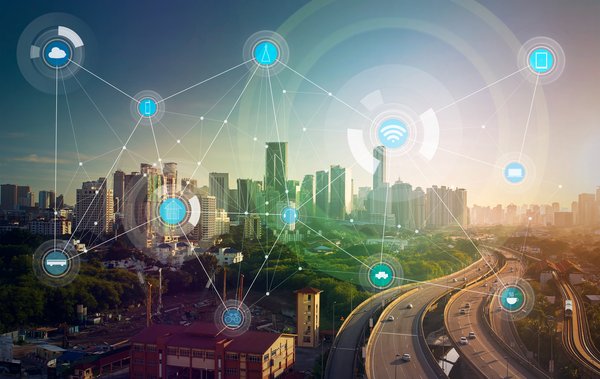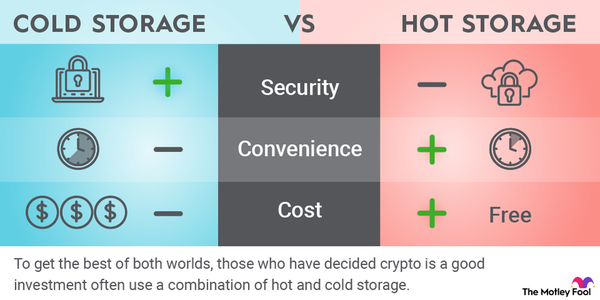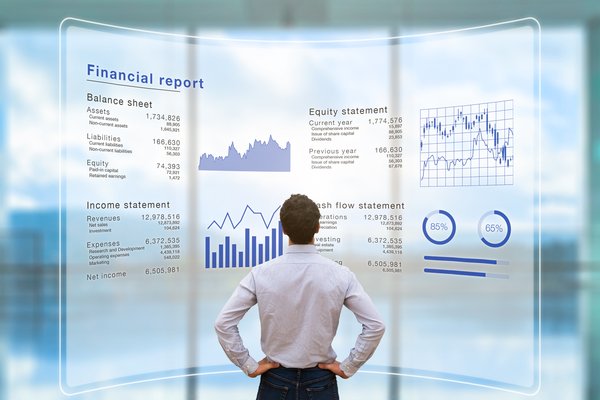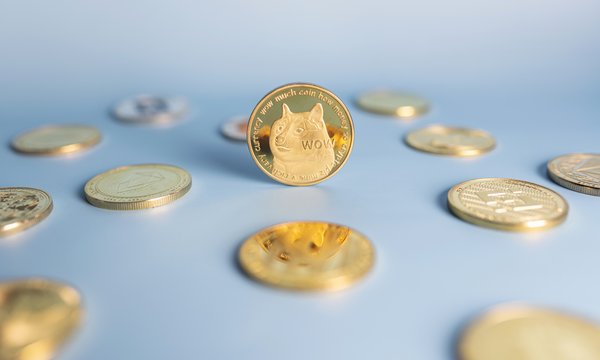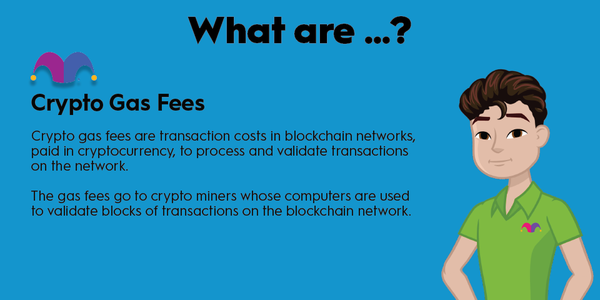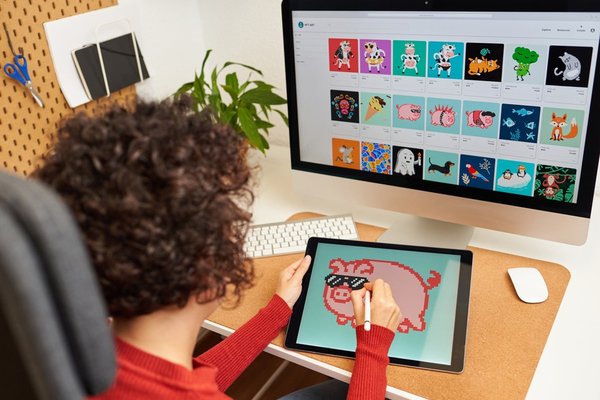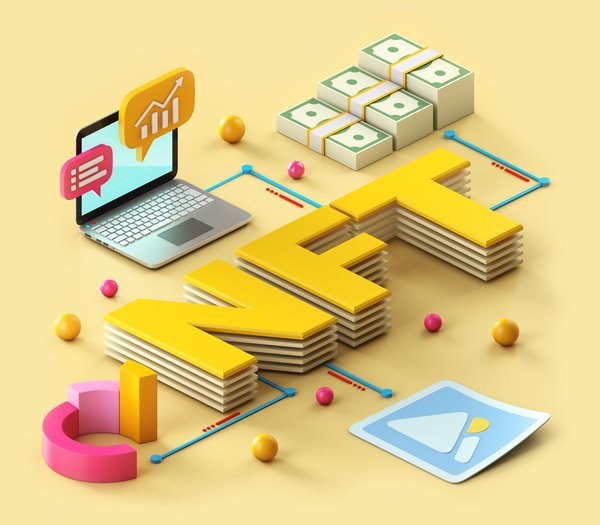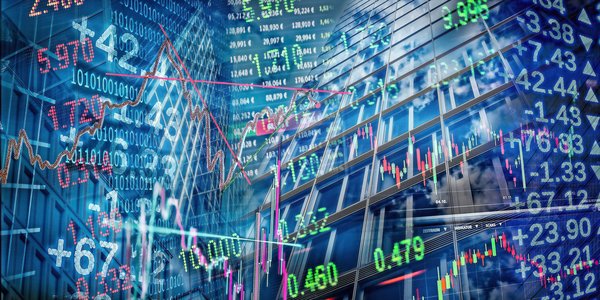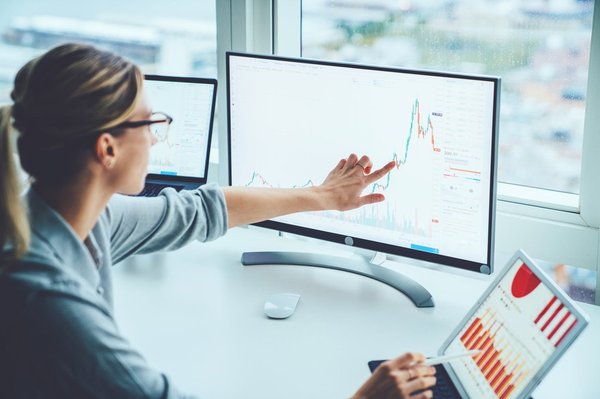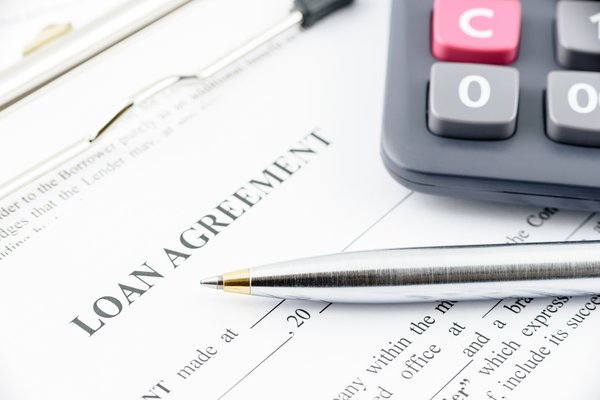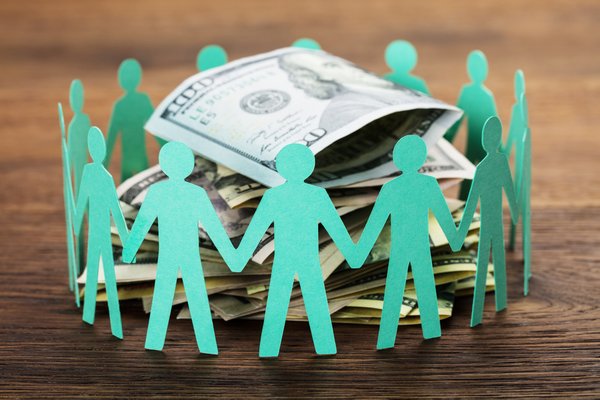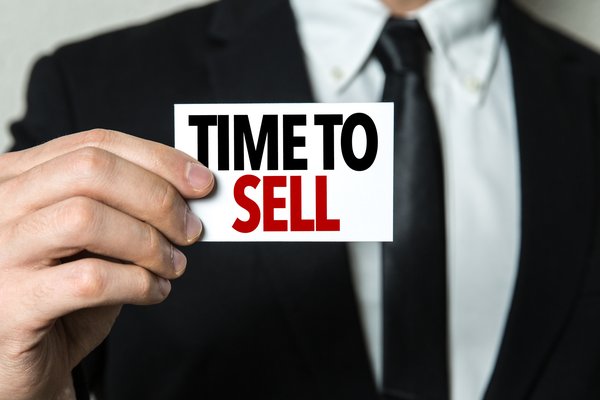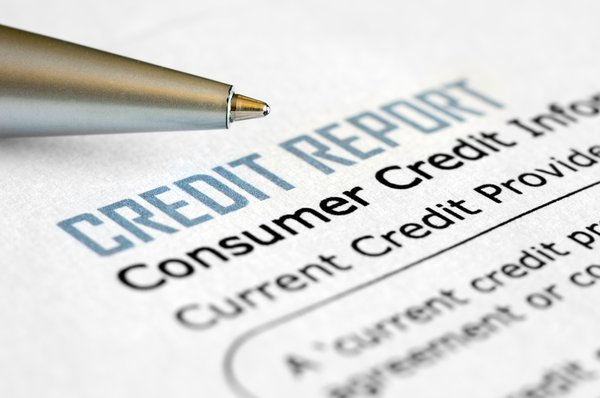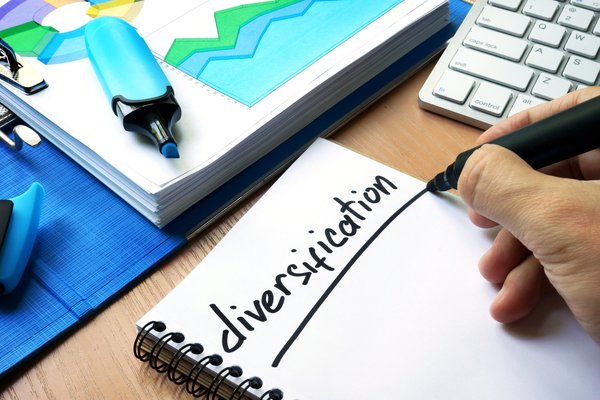If you want to expand a business, you’ll need capital. Capital refers to almost any asset that can be used to produce future value. It includes tangible assets, like cash, machinery, equipment, and financial securities. But it also includes intangible property, like data, copyrights, patents, and even goodwill.
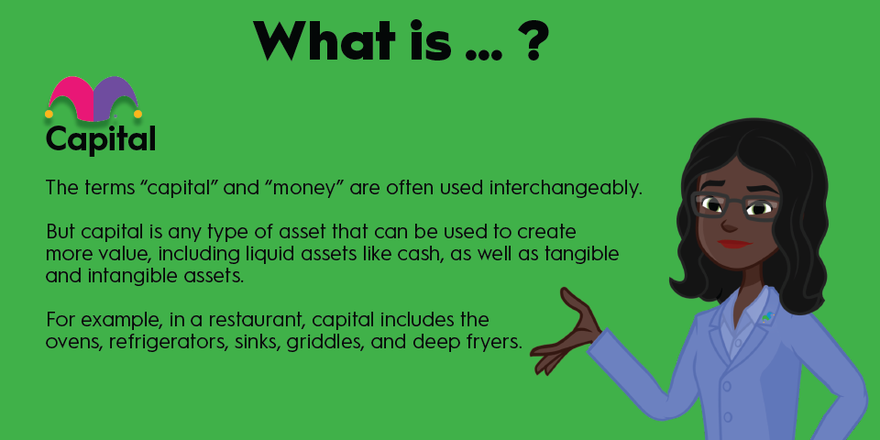
What is it?
What is capital?
The terms “capital” and “money” are often used interchangeably. But capital is any type of asset that can be used to create more value, including liquid assets like cash, as well as tangible and intangible assets.
In a restaurant, capital includes the ovens, refrigerators, sinks, griddles, and deep fryers. In a doctor’s office, capital would include the stethoscope and examination table. In a factory, it would include the building, vehicles, tools, and machinery.
The three major sources of business capital are:
- Equity capital: Money raised from selling a percentage of the business to shareholders. A business that makes an initial public offering (IPO) and has its shares sold on a stock exchange is raising equity capital. Sometimes, businesses raise private equity through investors like venture capitalists.
- Debt capital: A company can use debt capital to raise money by issuing bonds to investors or by taking out a mortgage or loan.
- Retained earnings: Retained earnings is the money left over after a business pays its debt obligations and other expenses.
Businesses use capital to produce the goods and services they sell. A company will only invest capital if it believes it can cover the cost of the investment and generate additional profit.
In economics, capital – along with land, labor, and entrepreneurship -- is one of the four factors of production, which are essentially the building blocks of an economy.
Entrepreneur
Types
Types of capital
The following are some examples of the capital a business relies upon to sustain operations and generate profit. Because capital is such a broad term, though, the following list is not all-encompassing.
Financial capital
Financial capital is a company’s monetary resources or purchasing power. Financial capital is generated primarily through debt and equity and, to a lesser extent, retained earnings. Without financial capital, a company won’t be able to produce the goods and services it sells. Another term for financial capital is economic capital.
Natural capital
Natural capital is the world’s supply of renewable and non-renewable resources that combine to support human well-being. Examples include plants, animals, soils, air, and water. When natural capital is poorly managed, it can result in the depletion of raw materials while also devastating communities by making them more vulnerable to catastrophes like floods, famine, and drought.
Manufactured capital
Manufactured capital refers to the fixed goods and assets used in the production process, like machines, buildings, and equipment.
Human capital
Human capital is the knowledge, skills, well-being, and other characteristics that allow someone to be productive. Formal education, informal training, and work experience are all examples of investment in human capital.
Social capital
Social capital refers to the relationships, networks, and institutions that foster human capital. Examples include schools, trade unions, families, and communities.
Example
Examples of capital
Suppose you own a manufacturing company, and you need to raise financial capital to build a new factory, which will help you increase output and generate more profit. You opt to issue bonds to investors because you’ll pay a lower interest rate than you would if you obtained financing from a bank.
Interest Rate
You use the financial capital to build manufactured capital, i.e., the building and equipment that allows you to produce more of the goods you sell. But you also benefit from other types of capital, including the human capital that the workers bring to their jobs that allows them to be productive.
